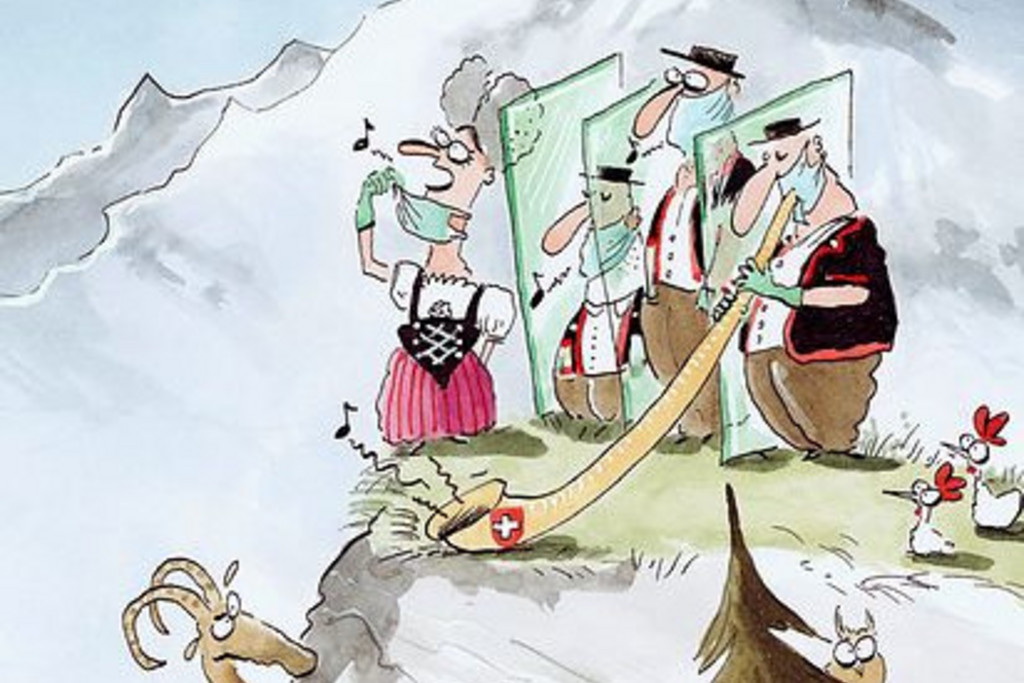
When satire suddenly toed the line
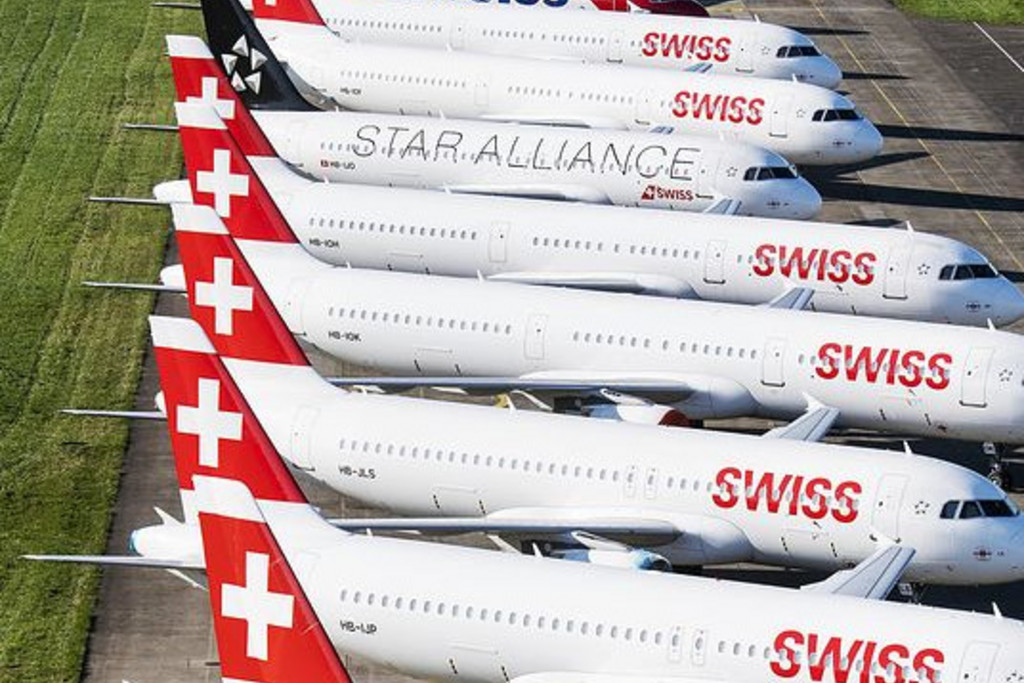
“Go on holiday in Switzerland”
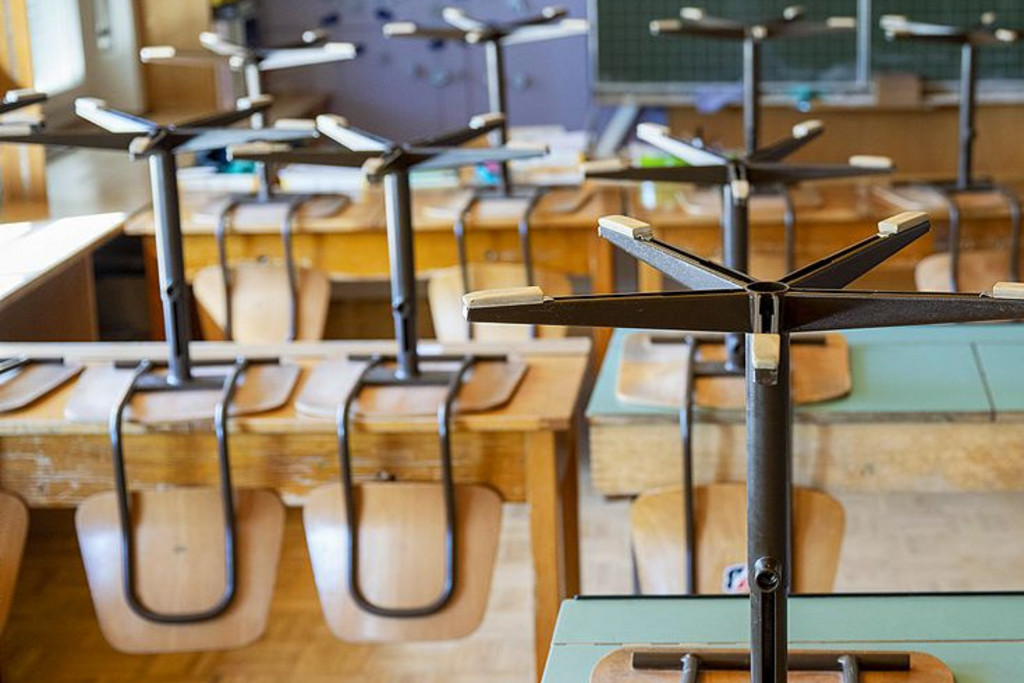
Equality of opportunity compromised
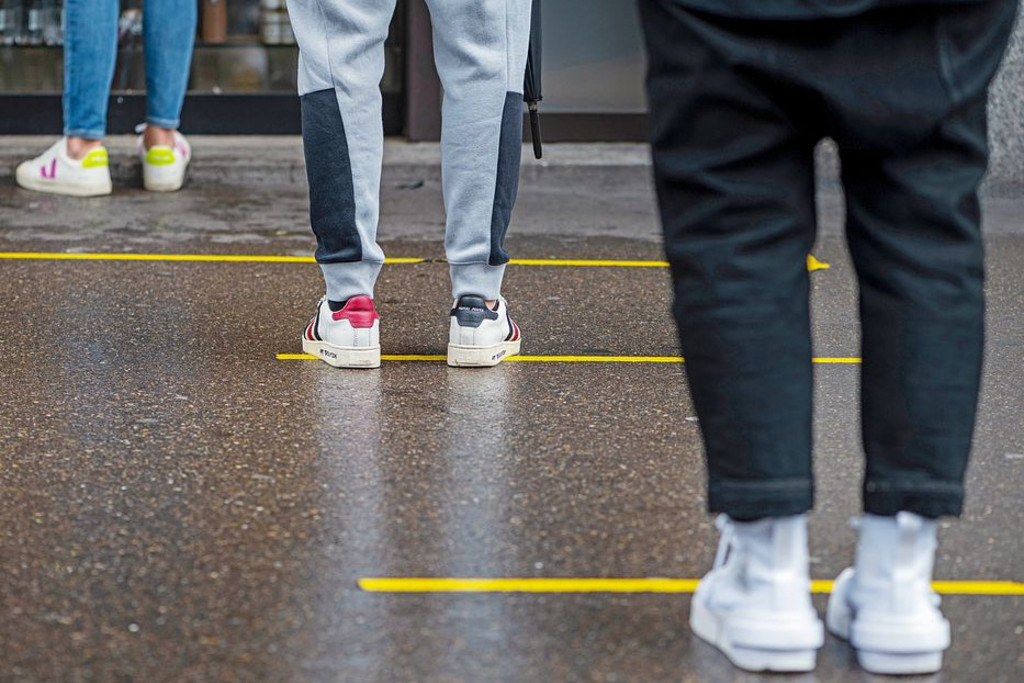
The Swiss experience a new way of life
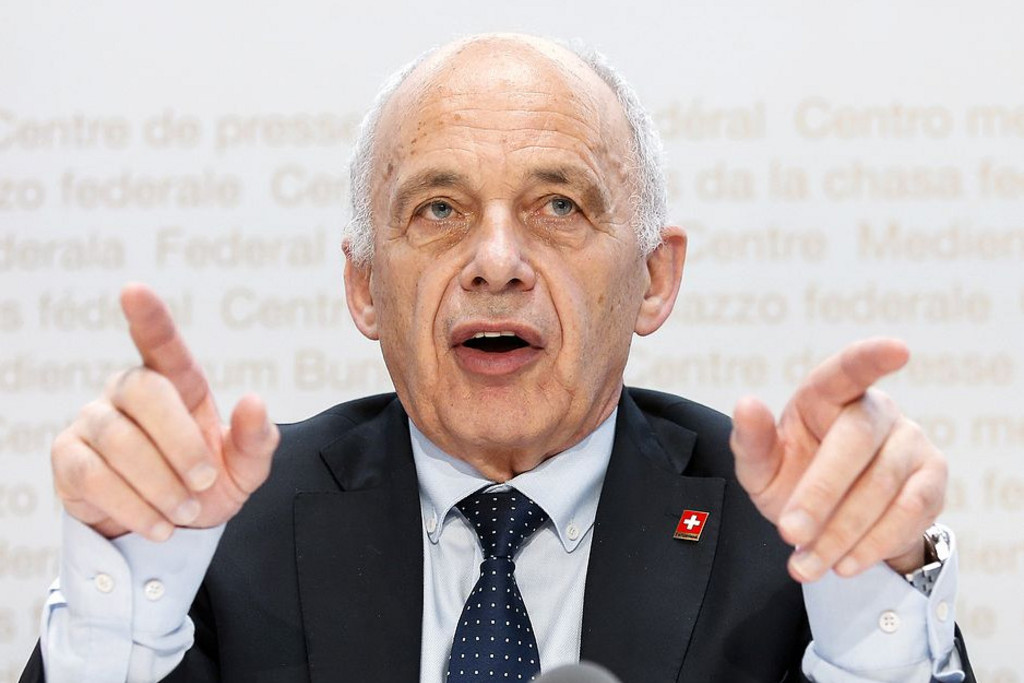
“Help is on its way” – Switzerland’s multibillion bailout
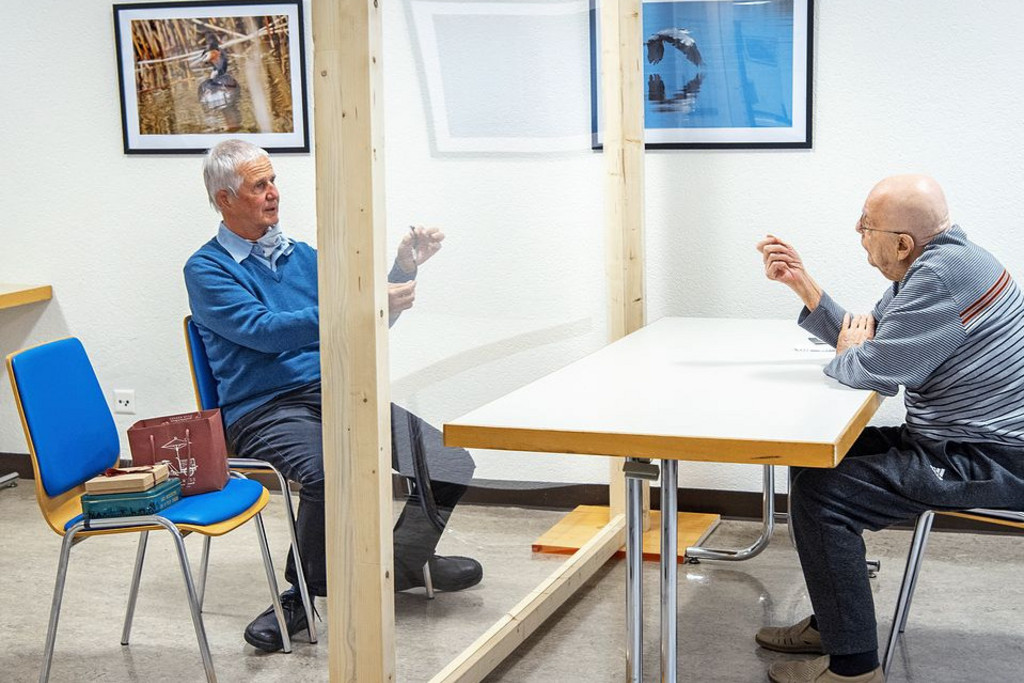
The high-risk group
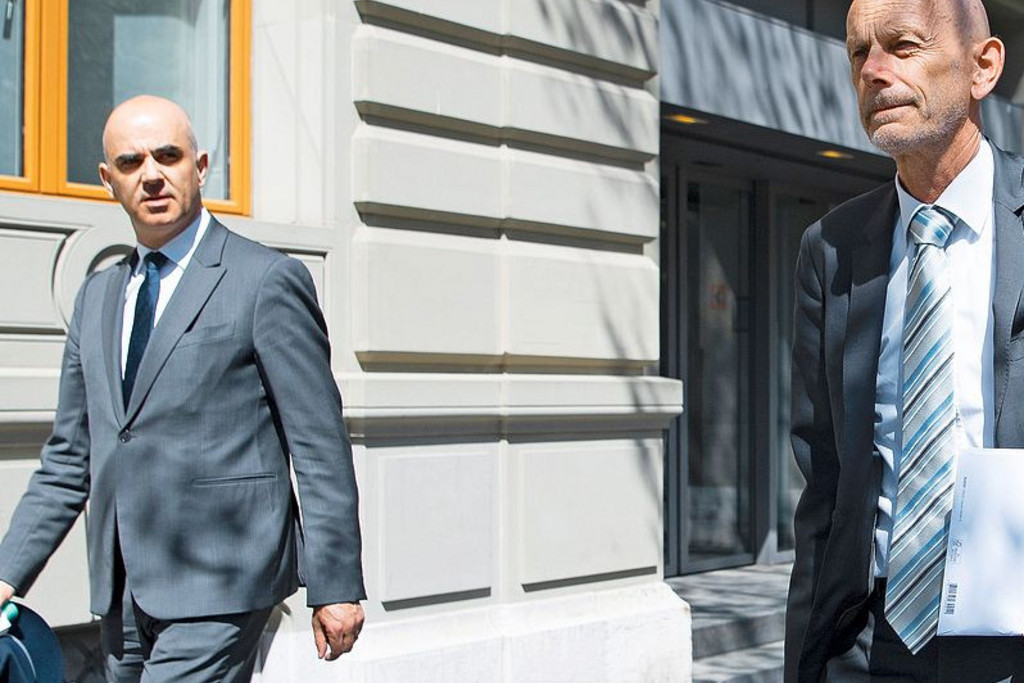

Despite voter approval of the Covid-19 Act as well as a record number of Covid cases, the Swiss government refrained from drastic measures in the Covid winter of 2021–22. The impact was less severe than in the previous winter.
The division of powers in the Swiss political system has often turned the fight against Covid-19 into an exasperatingly slow affair. However, direct democracy showed again that it can act as a much-needed outlet in times of crisis. The referendum on the Covid-19 Act at the end of November saw the electorate endorsing the government’s coronavirus policy. A clear majority voted in favour of the Covid vaccine passport requirement – the most controversial of the measures introduced to combat the pandemic. It was a second, decisive defeat for opponents of the government’s Covid policy, who had forced another referendum on the matter and held noisy protests on the streets.
The pandemic continues to sow discord, but at least the vote helped to defuse some of the tension. It also handed the Federal Council an anti-Covid mandate the like of which few other national governments have been given. However, Berne knows that this is no licence to do as it chooses. Its approach has been quite restrained since the time of the lockdowns. Switzerland has, in the words of Genevan epidemiologist Marcel Salathé, constantly “sailed close to the wind” throughout the pandemic. The country paid a heavy price for its strategy during the second wave in the autumn and winter of 2020–21, when excess mortality soared.
One year later, the screw was initially tightened again before Christmas. Only those who could prove they had been vaccinated or had recovered from Covid were allowed entry to restaurants, cinemas, gyms, etc. This was because intensive care unit occupancy had again exceeded the critical threshold. The Delta variant was mainly causing the unvaccinated to fall seriously ill. Hospitals had to postpone operations in order to focus on caring for these patients – and had hurriedly put in place new contingency plans to resort to triage and make deeply uncomfortable life-or-death decisions on whom to treat. Meanwhile, the relatively unknown Omicron variant was starting to spread.
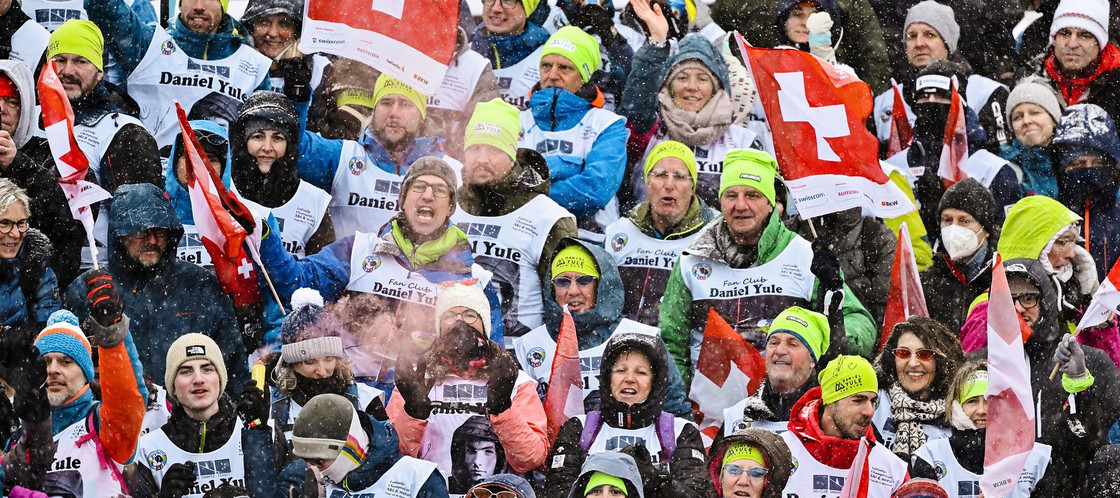
Yet despite the uncertain situation, the Federal Council decided against imposing stricter measures discussed in advance with the cantons. These would have included restaurant closures. The government held its course – even as the Omicron wave in January rose as steeply as the Swiss National Covid-19 Science Task Force had forecast. And as soon as Switzerland had passed the peak (albeit with continued high levels of virus circulation), the Federal Council lifted all restrictions except for the requirement to wear masks on public transport and in healthcare institutions. Contrary to fears, hospitals were not overwhelmed. This was thanks to a higher level of immunity among the population due to vaccination and prior infection – with 30 to 40 per cent of the Swiss population having caught coronavirus during the height of the Omicron spike alone.
Hence, unlike one or two neighbouring countries, Switzerland came through the second Covid winter without another lockdown or making vaccinations mandatory, despite a relatively low vaccination rate. The Federal Council had “made a bet and won”, said the president of the Swiss Confederation, Ignazio Cassis. But it had failed to hedge the bet, say critics. Experts warn that 20 per cent of the many infected could suffer long-term symptoms. The Swiss welfare system is already feeling the strain. Last year alone, the national disability insurance scheme recorded 1,700 new claimantssuffering from long Covid.
Comments